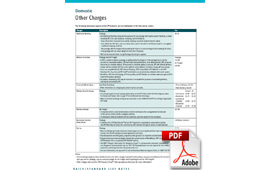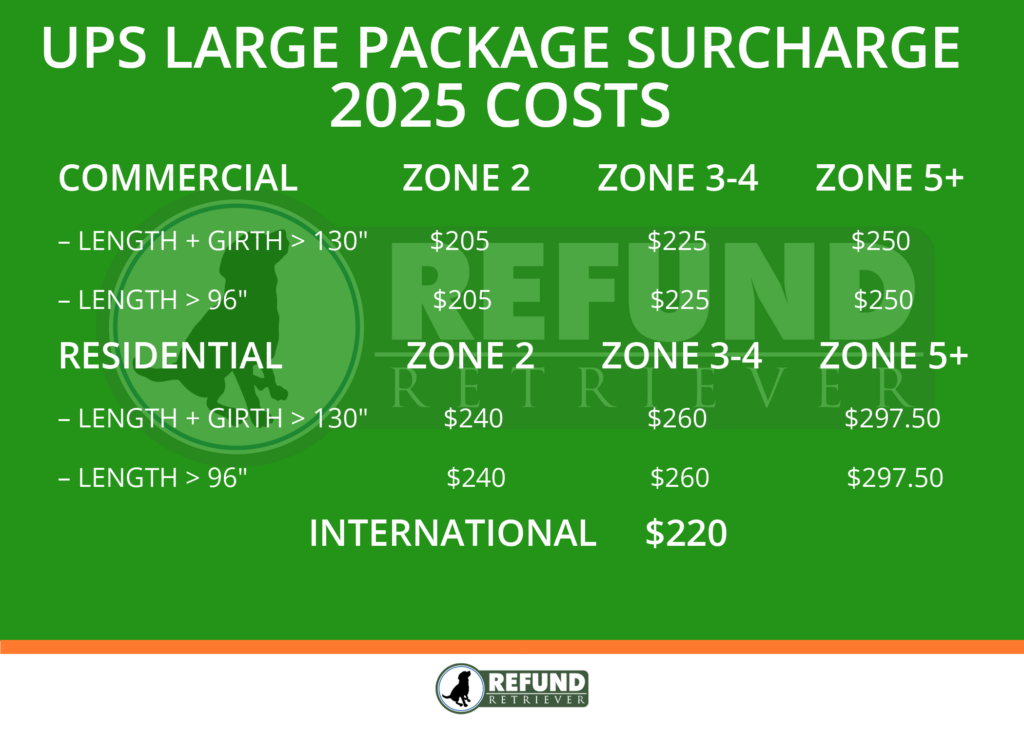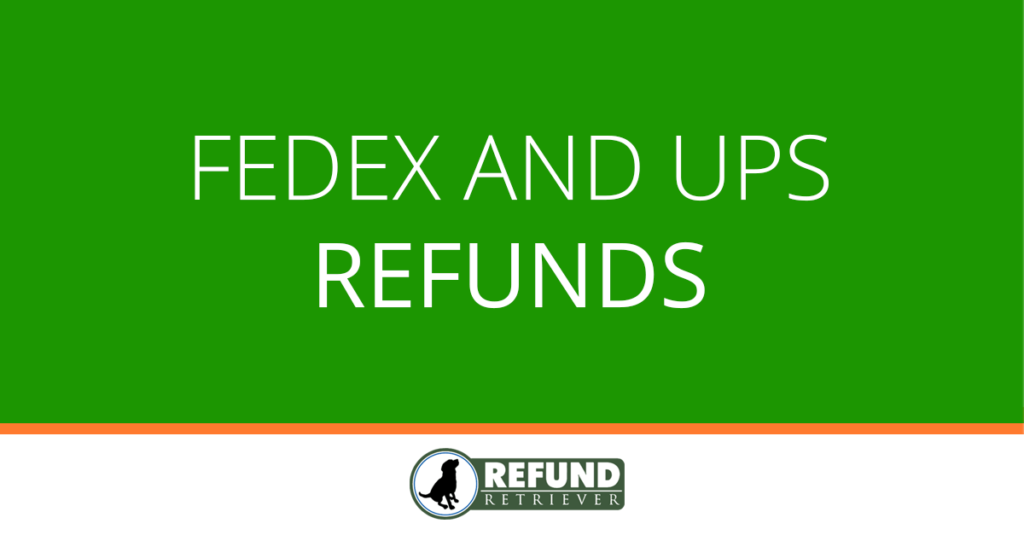Can just one pound of weight significantly affect your shipping costs? Absolutely! 71lbs is a bad weight for small parcel shipping, FedEx and UPS in particular. Pro tip: keep your shipments at 70 pounds or less if you can help it.
UPS can tack on many additional charges to your invoices. One notable fee is an “Additional Handling Surcharge,” which is assessed in various situations, such as when a package is over 70 pounds. Since packages are already rated by their weight, adding an extra fee only for passing a given threshold seems strange, but that’s how the carriers operate.
UPS Additional Handling
The Additional Handling Surcharge is now over $40 a package, but what’s worse is its presence waives the service guarantee. That’s right – by passing into the magical territory of 71 lbs or more, you will no longer get a refund if your package arrives late. That extra ounces of weight between 69.9 and 71lbs must be significant.
Why is 71 lbs bad for a shipper?
You must ask yourself, “Is a package weighing 71 lbs more difficult to handle than one weighing 70 lbs?” That’s a good question. Especially when you consider how rates are tied to the package weight anyway, the weight increase is already reflected in a higher rate. Or, “Isn’t there a greater difference between a 100-pound package versus 70 and a 71-pound package?” A graduated fee would make more sense, i.e., +$2 for 71 lbs to 90 lbs, +$3 for 91 lbs to 110 lbs, and so on.
The Additional Handling fee can come up in other situations like these (though whether it’s applied is entirely at UPS’s sole discretion):
- Packages encased in an outside shipping container made of metal or wood
- Cylindrical / similarly-shaped items, such as a barrel, drum, pail, or tire, not fully encased in a cardboard shipping container
- Any package with the longest side exceeding 60 inches or its 2nd longest side exceeding 30 inches
- Any package with an actual weight of more than 70 pounds. (71lbs. or larger)
UPS Large Package Surcharges
The Additional Handling disappears when a Large Package Surcharge is applied. The details:
- Used when the package length + “girth” (2*width + 2*height) exceeds 130 inches but not the UPS maximum size of 165 inches
- Large Packages are subject to the minimum billable weight of 90 pounds (90lbs. or larger)
- An Additional Handling charge is not assessed when a Large Package Surcharge is applied.
Lest you think this is only a UPS policy, guess again: FedEx has the exact same fee for the exact same weights. It seems this is one thing the carriers agree on: at what weight threshold will they charge you more and drop their guarantee? Feel free to review the details yourself. More information on Additional Handling charges can be found here and here.
Additionally, next time your carrier rep wants to discuss rate increases, perhaps you should bring up the graduated additional handling fee idea. Why 71 lbs Can be Bad News for a Shipper, such that 70-pound and 71-pound packages aren’t treated so differently. That, or removing the GSR waiver. Hey, it could happen.
Until then, you just might save money by keeping your packages at 70 pounds or less.



